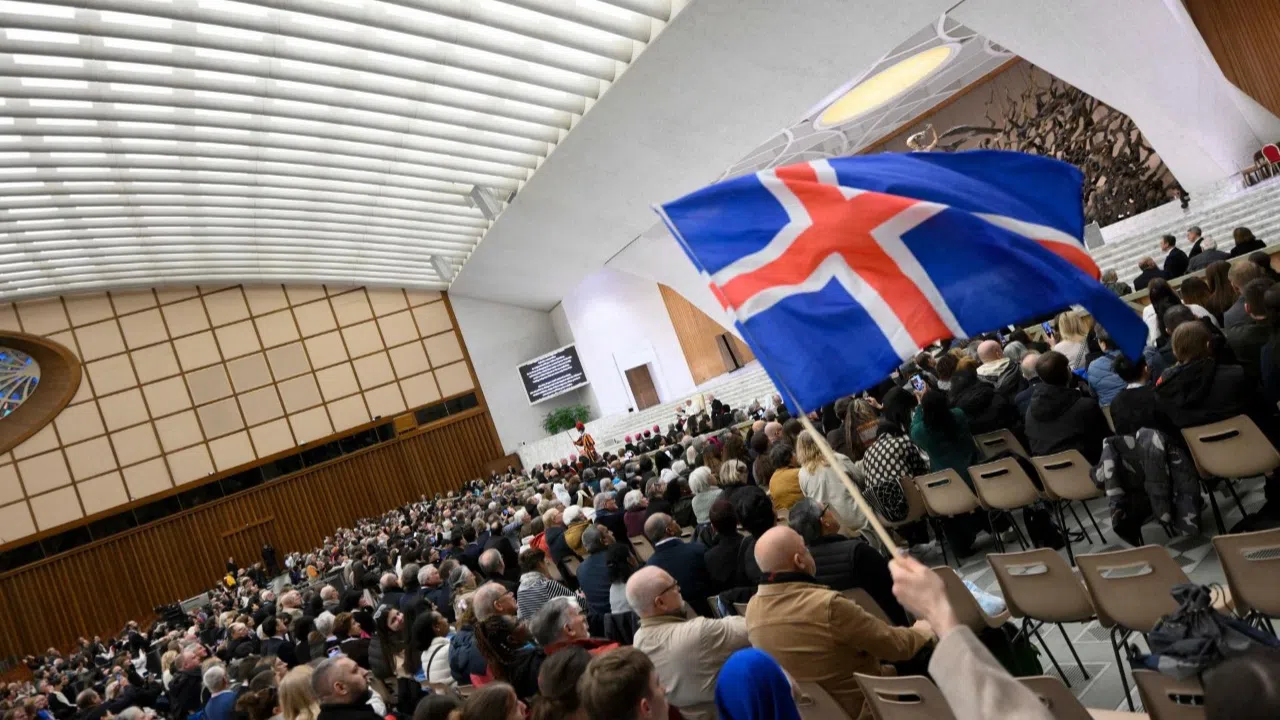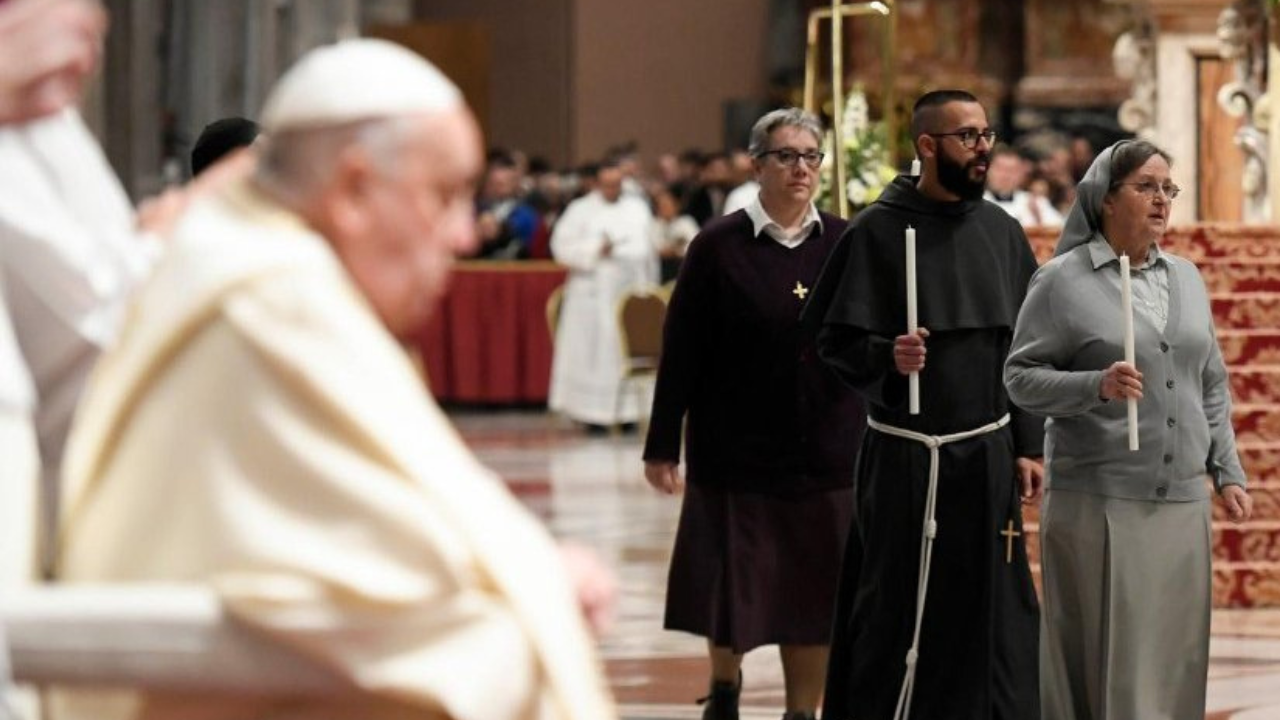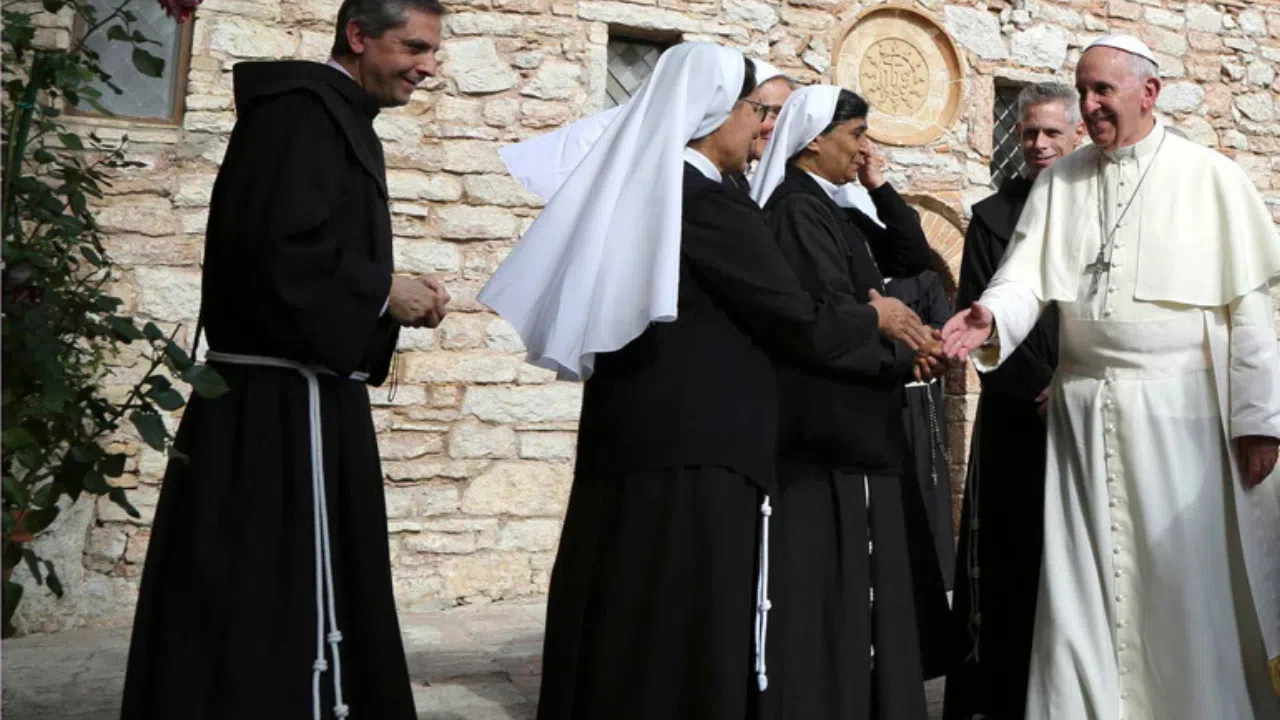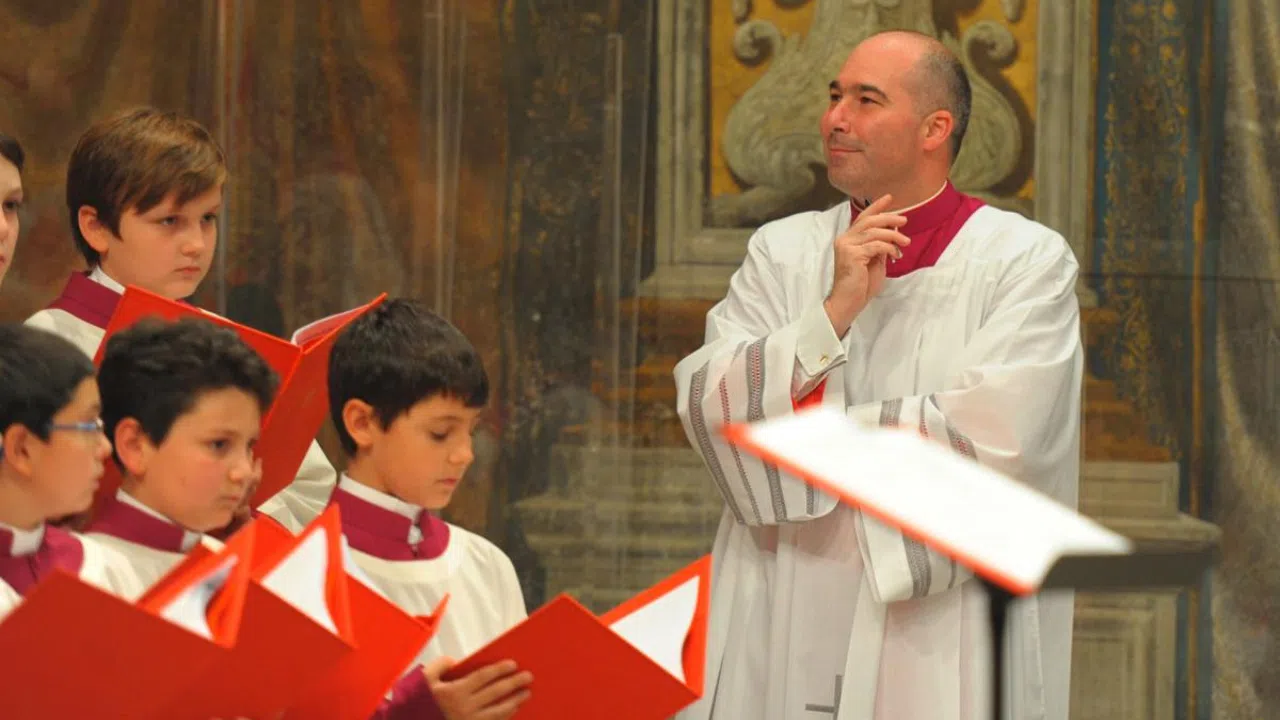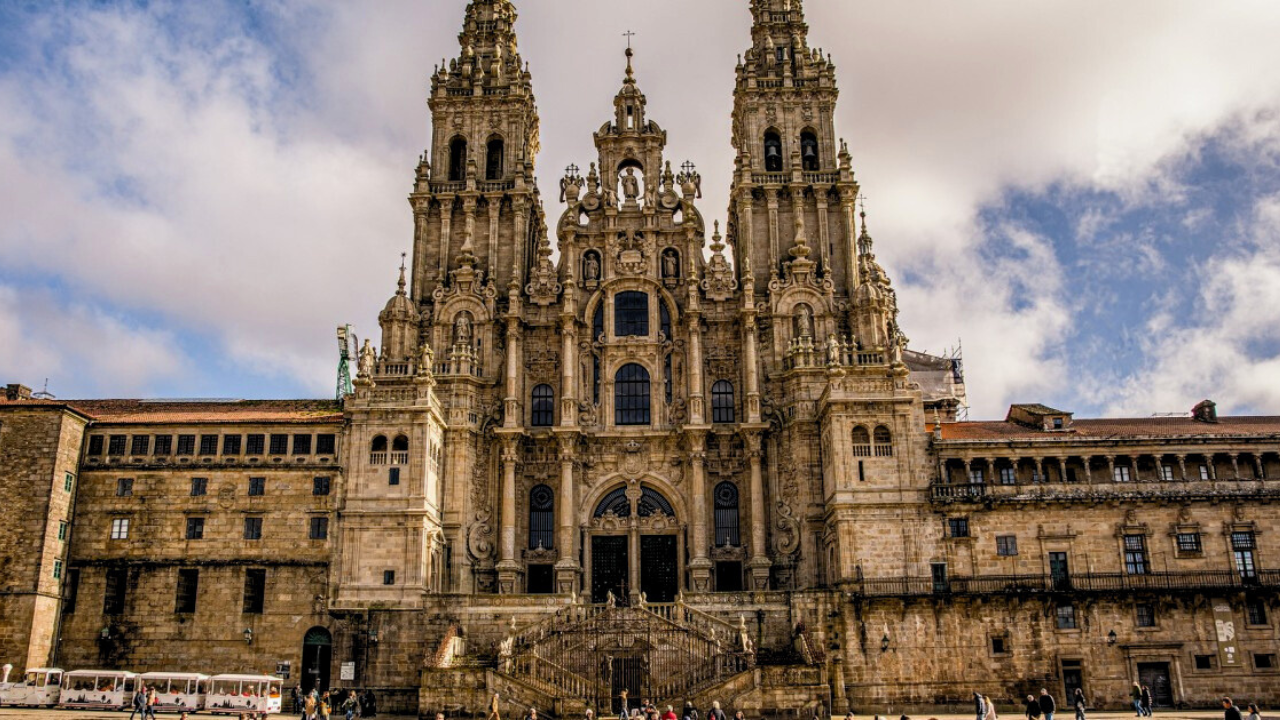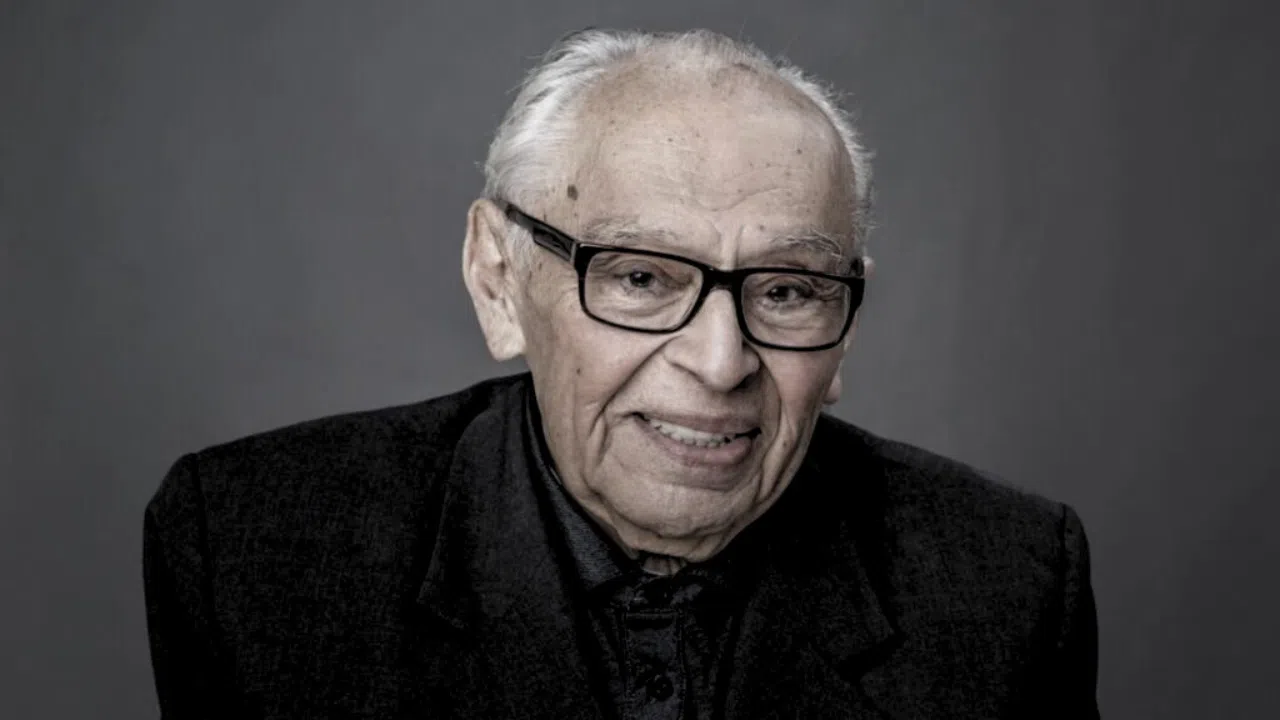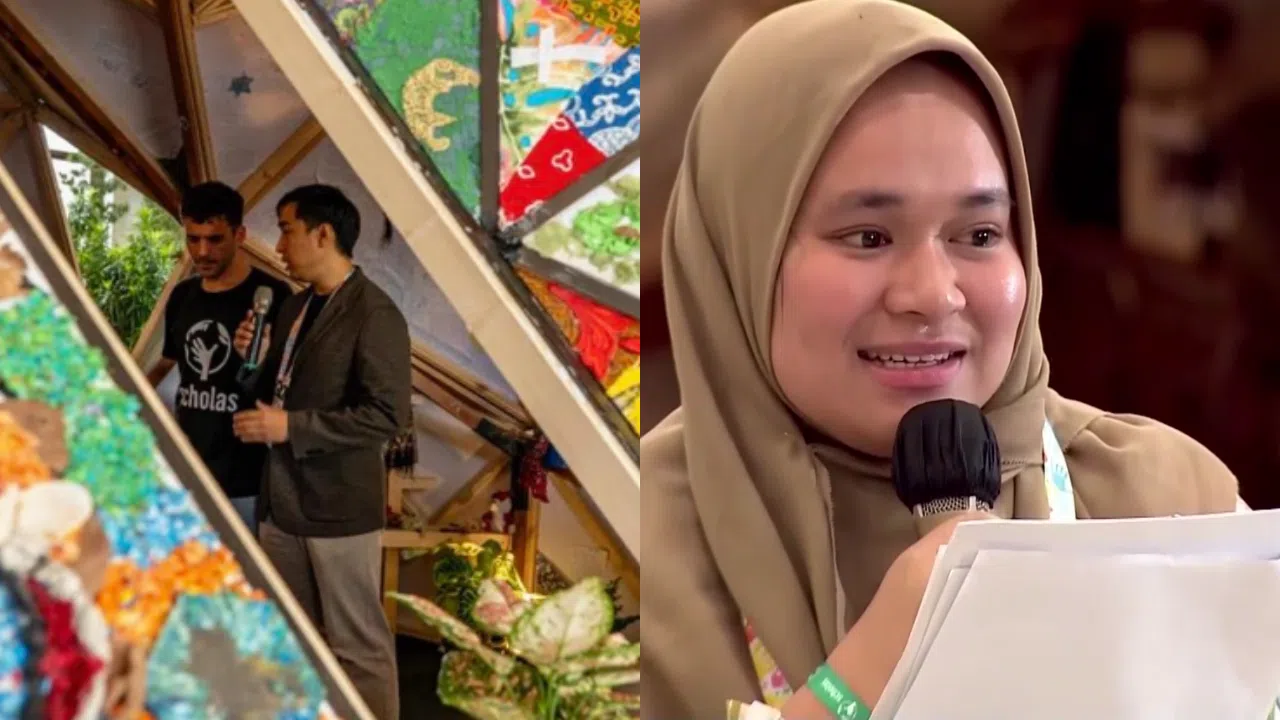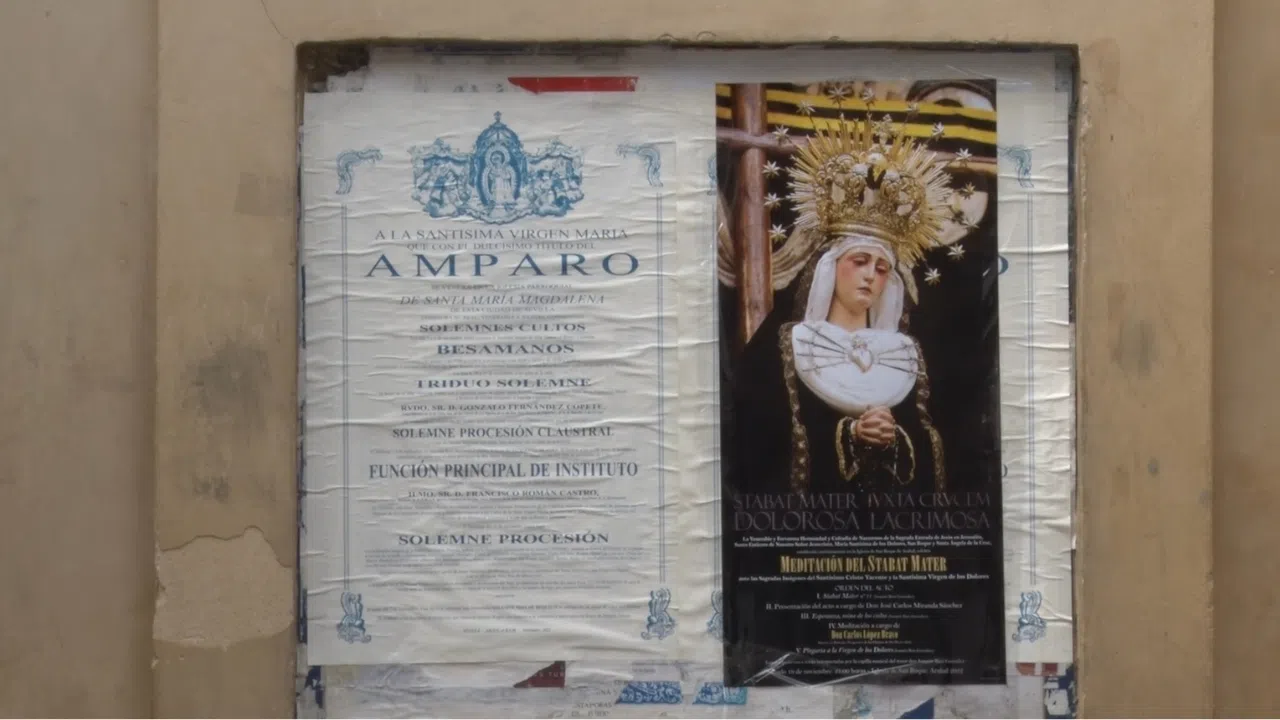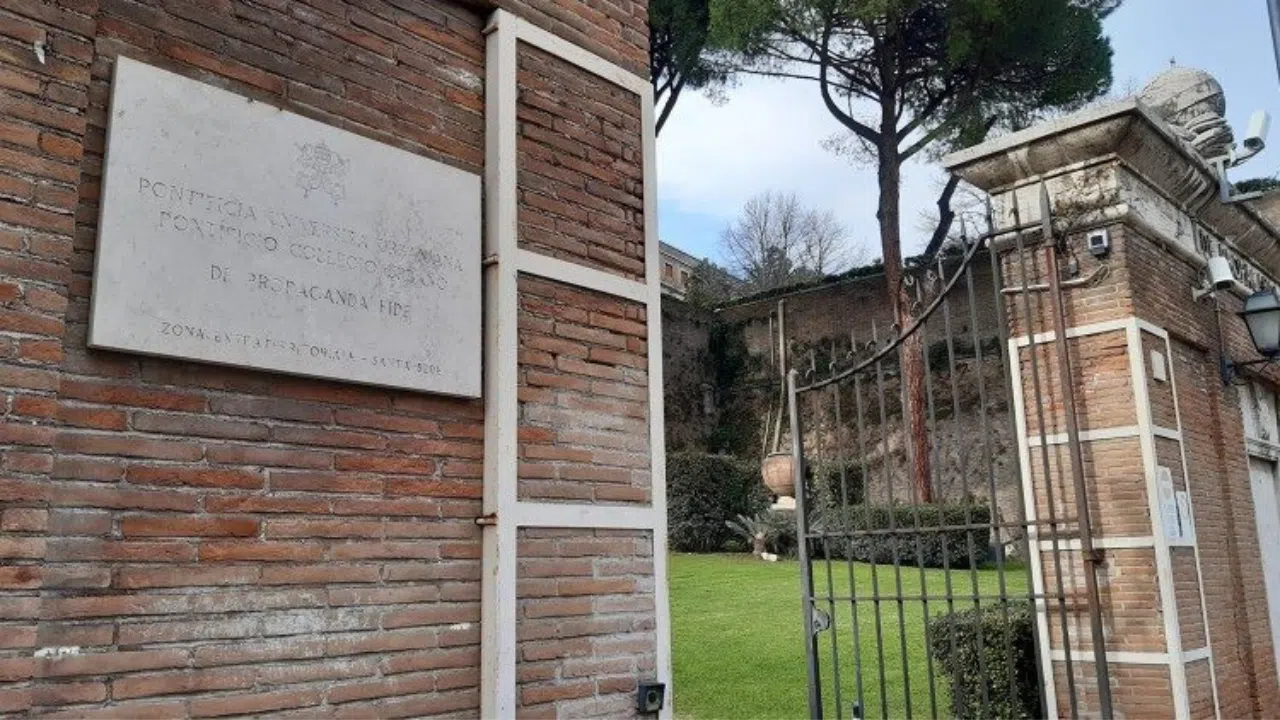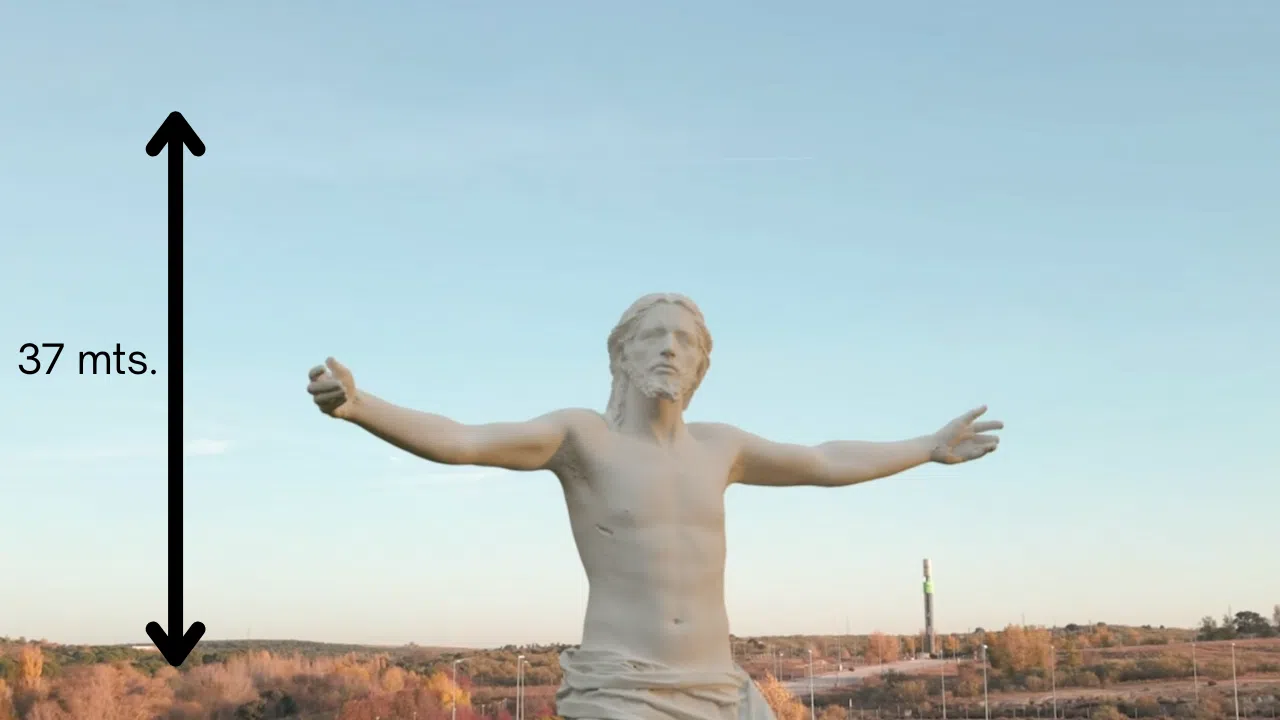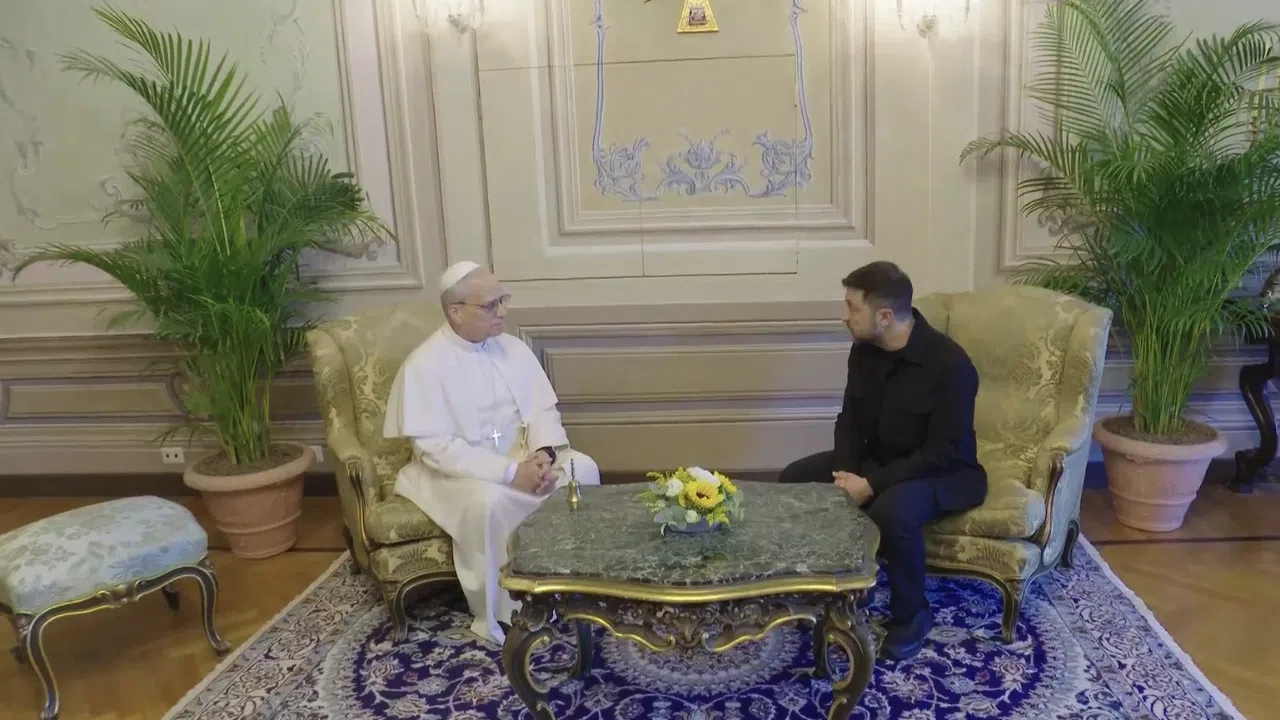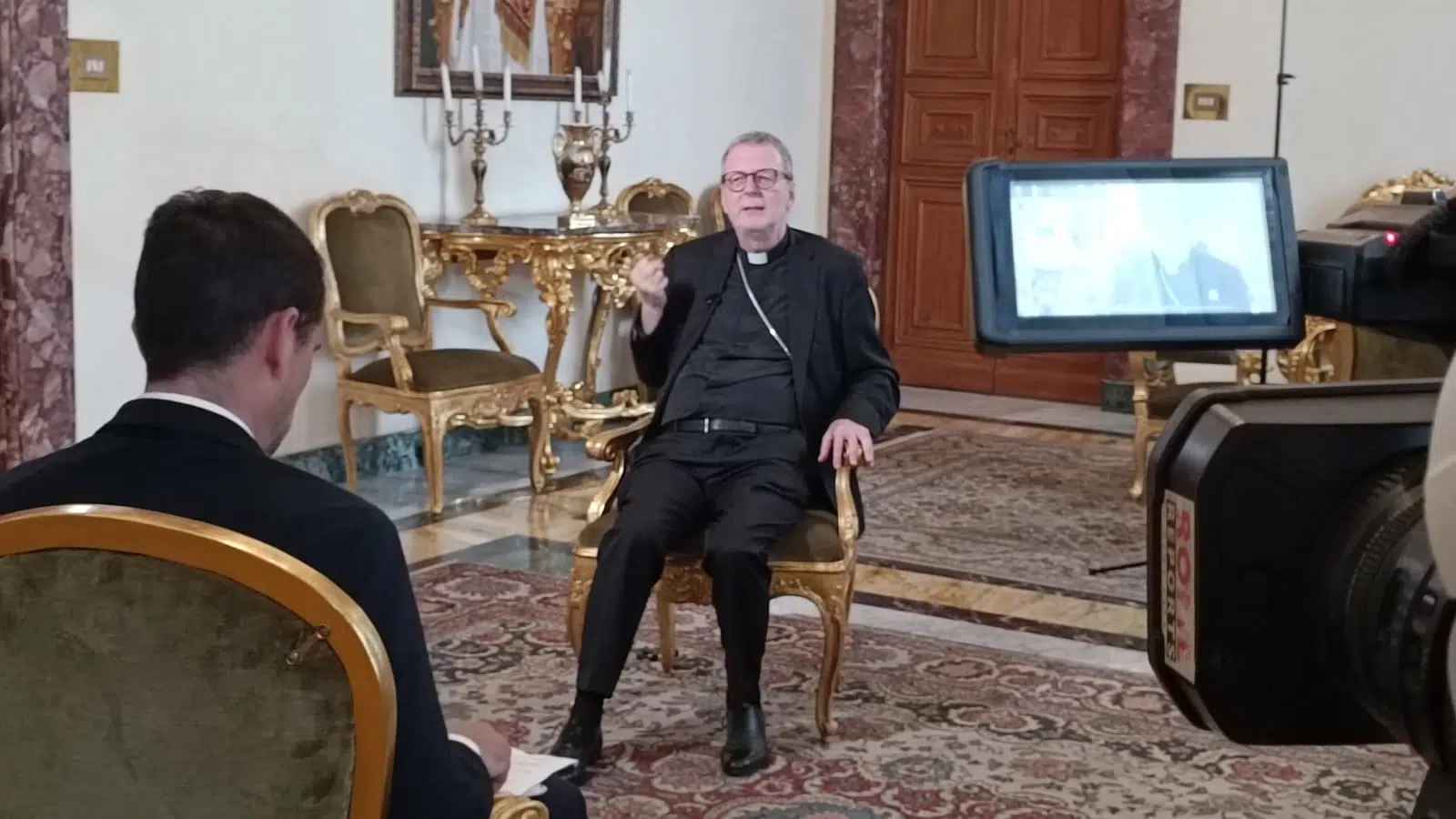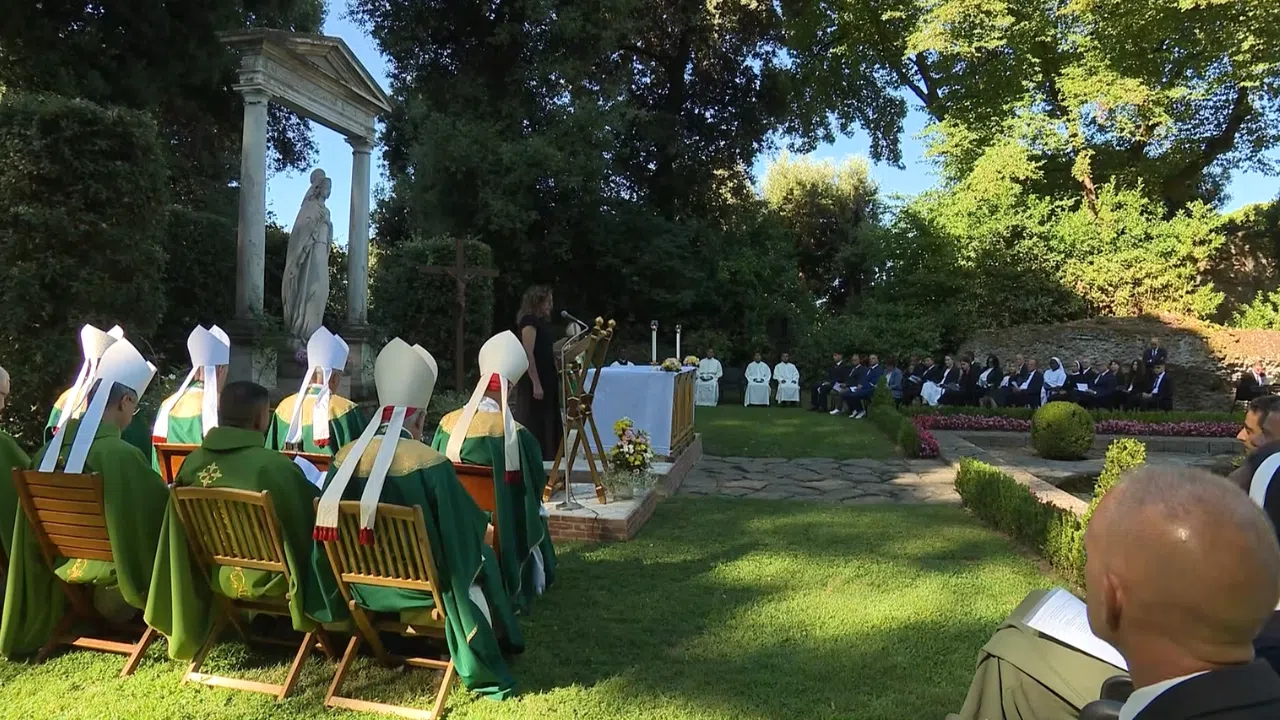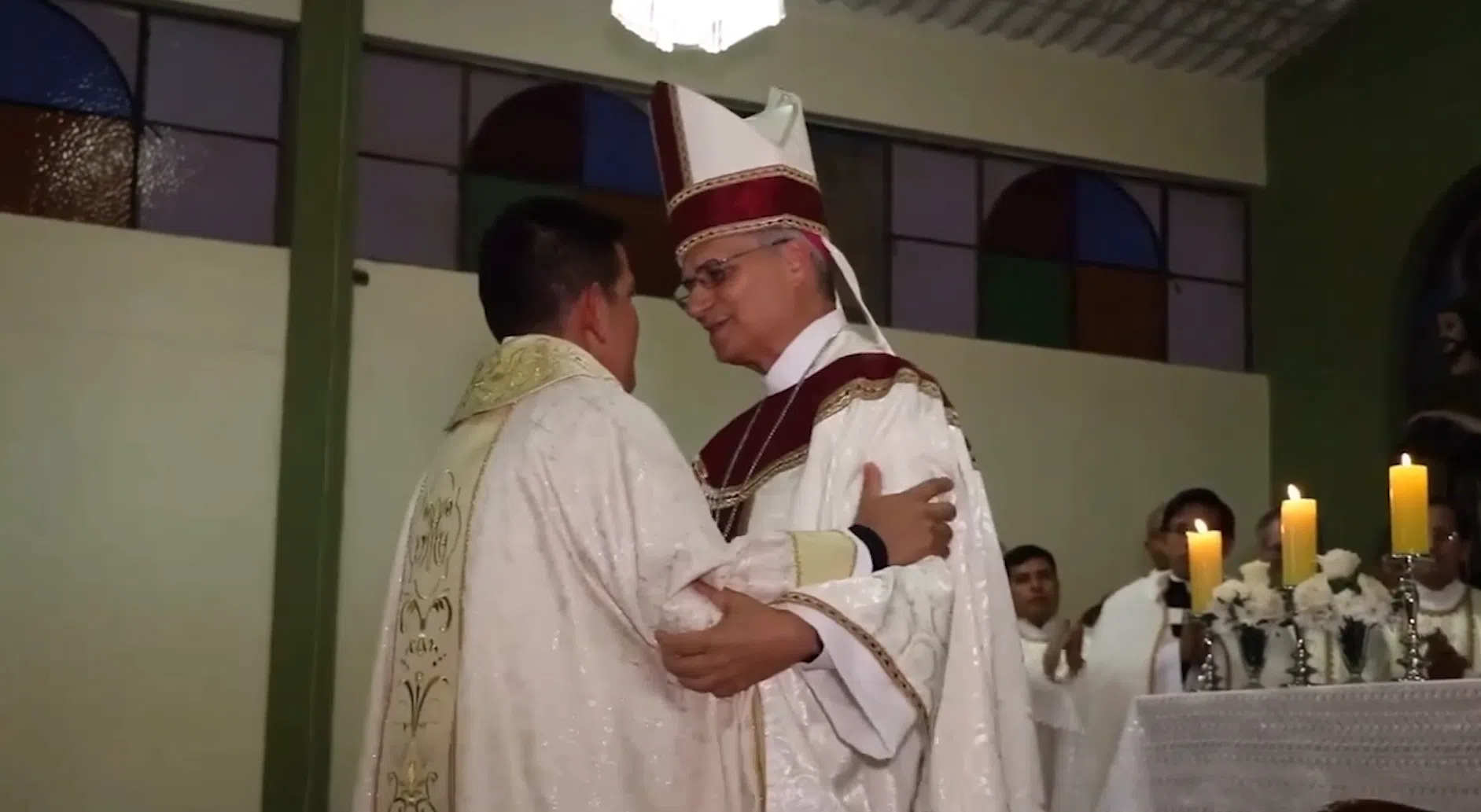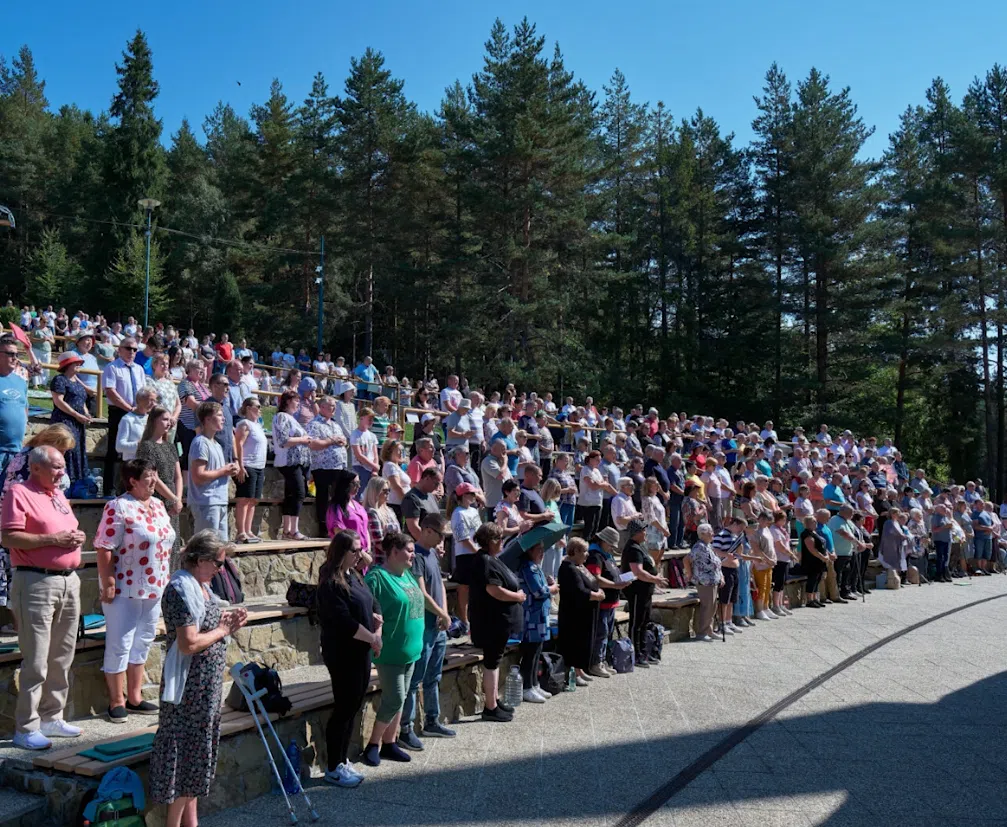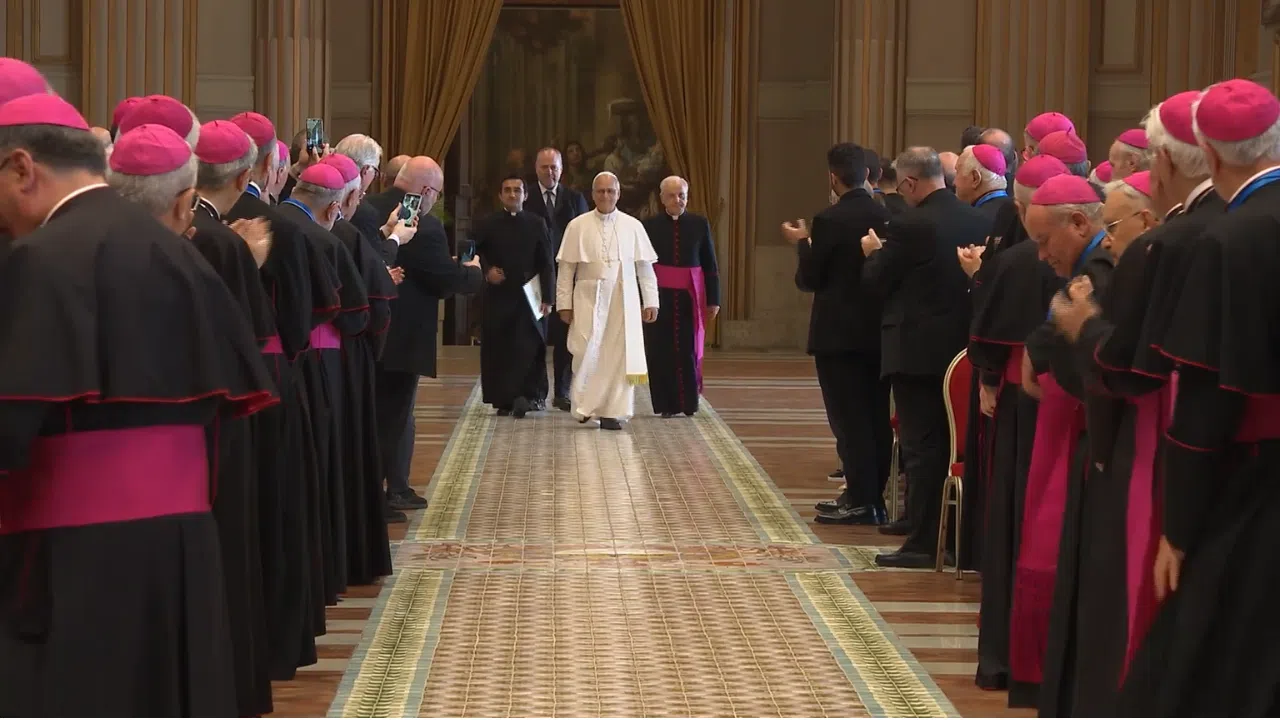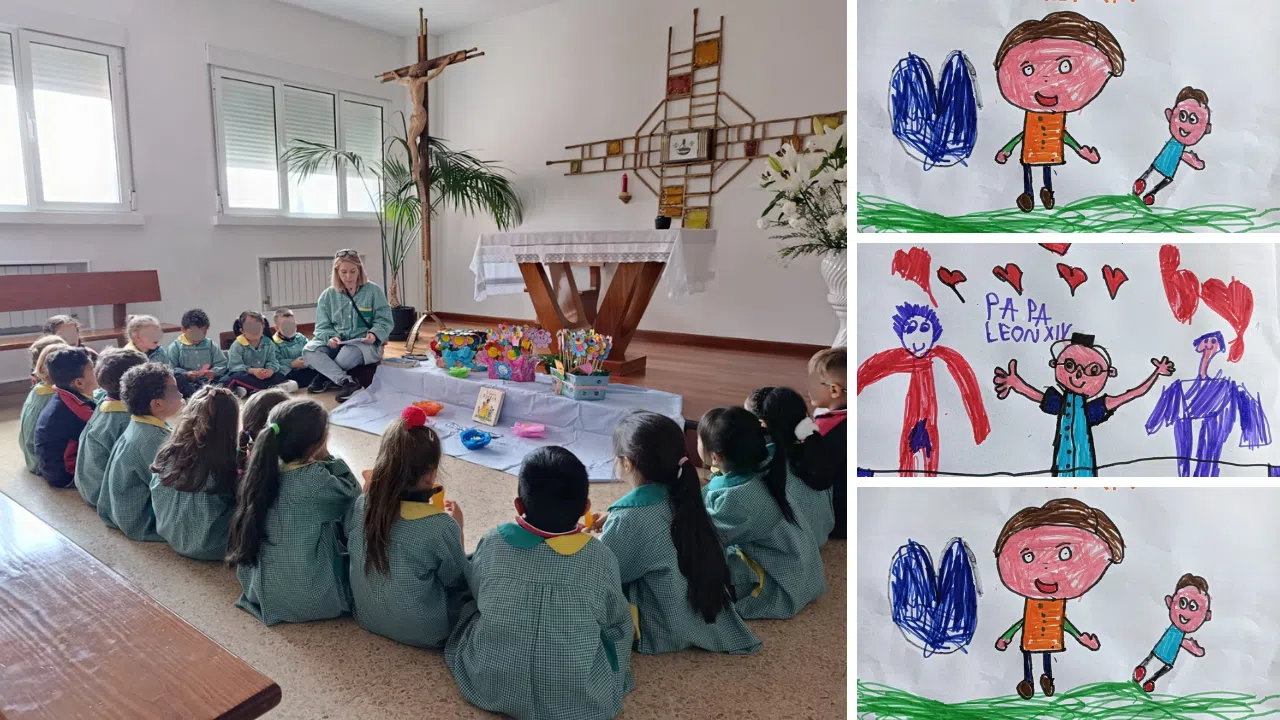One of defining moments for the Catholic Church in the twentieth century was the great attention given to laity. For example, Kiko Arguello and Carmen Hernández founded the Neocatechumenal Way; Chiara Lubich, the Focolares; and Fernando Rielo, the Idente Missionaries.
Rielo was an intellectual, an author of essays and philosophical studies, but also of poetry.
JOSÉ MARÍA LÓPEZ SEVILLANO
Vice President of Idente Missionaries
“He had that impression Christ that he had to establish something, but he told Christ he wanted to consult with thirteen priests, balanced people beforehand. He wanted people who were already mature, people who could say yes, to setting up a foundation. So, he spent two years touring Spain.”
'Everyone told him he had to set something up.'
Today, the Idente Missionaries has grown to serving thousands of people in 22 countries. Jose María López Sevillano, the missionaries' vice president, worked alongside Fernando Rielo for 27 years. Now he recalls his most characteristic features.
JOSÉ MARÍA LÓPEZ SEVILLANO
Vice President of Idente Missionaries
“He was a very intelligent person. Very cultured, very human. Simplicity truly was a trait that stood out and I personally saw that since I worked with him for many years. He was simple and honest, a man who always went ahead with the truth.”
He received numerous awards, such as the Fernando Rielo Chair of Spanish Literature and Thought at the University of the Philippines, and another at the Pontifical University of Salamanca. In addition, the Private Technical University of Loja in Ecuador named him Doctor Honoris Causa.

